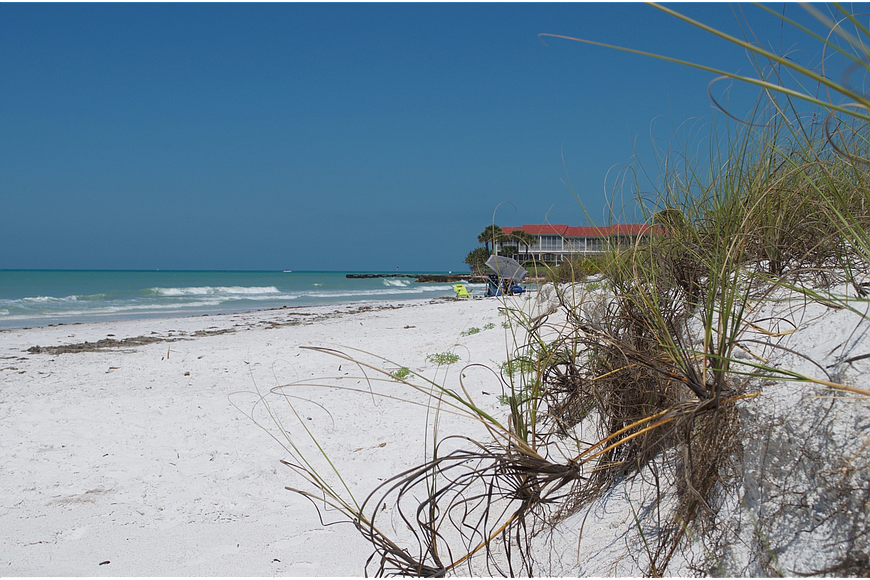- November 19, 2024
-
-
Loading

Loading

Town Manager Tom Harmer and his staff are still sorting out the budget for Longboat Key’s beach management plan.
District and Gulfside District voters in Sarasota and Manatee counties approved a plan in March to borrow no more than $34.5 million in bonds to finance several beach maintenance projects. However, Harmer said the total borrowed will be lower.
Harmer and his staff have kept town commissioners up to date on the budget process.
“We told them at our last workshop that depending on the state grants that we have previously submitted for, if those are approved, that would lower the borrow,” Harmer said. “If they’re not, we’ve estimated…we think the worst-case scenario is $28.5 million.”
Harmer if the town’s grants are approved by the state, the total could be as low as $21 million. The state awards grants between now and July 1, Harmer said.
“The state grant process for beach nourishment projects also allows [the town] to submit up to three years after a project to seek reimbursement,” Harmer said. “Ideally for us, we'd like to be approved in advance, but that's outside of our control.”
If Longboat Key isn’t approved in advance, Harmer said the town is still eligible to apply for several years after the project. In April, Public Works Department project manager Charlie Mopps told the Longboat Observer the town has been “100% successful” in securing state and federal reimbursements for previous beach management projects.
On June 1, commissioners authorized borrowing up to $34.5 million based on the results of the March 17 vote. It includes authorization to go through a court validation process.
“They look at the process that we went through to make sure we meet all the legal requirements of advertising and public vote and met all the different thresholds associated with a bond authorization,” Harmer said. “Through this public-validation process, they’ll hear any concerns or complaints that there may be regarding that.”
The town is not expecting anyone to voice their concerns given the strong support for the measure in March, according to Harmer.
Gulfside property owners will pay 80% of the debt through property taxes; with Bayside property owners paying 20%. Had Bayside owners rejected the proposal, the burden of 100% of the debt would have been passed on to Gulfside property owners.
The town plans to pay off the bond debt between six to eight years.
“The reason we picked eight years is that would be the expected lifespan of that next renourishment cycle,” Harmer said.
Harmer also said the validation process typically takes between three and four months.
“Once we have finalized our internal work for the cost of the project, we’ll come back to the commission with the actual amount to be borrowed,” Harmer said. “Then, we will go out to the market and borrow the funds necessary to start the project.”
Harmer said he expects Longboat Key to have all its permits for the project towards the end of the year, but that the town would work around turtle season.
The town plans to pour more than 1 million cubic yards of sand in four erosional hotspots: the north end, a stretch around Whitney Beach, a larger spot on the mid-island and the area north of New Pass.
Manatee County leaders have committed more than $2.5 million to help pay for the initial project of the plan. The money will go towards the $10 million construction of five sand-saving groins to be built on the northern end of the island.
The groins are designed to hold sand that had historically been swept away.
The other parts of the beach plan include: